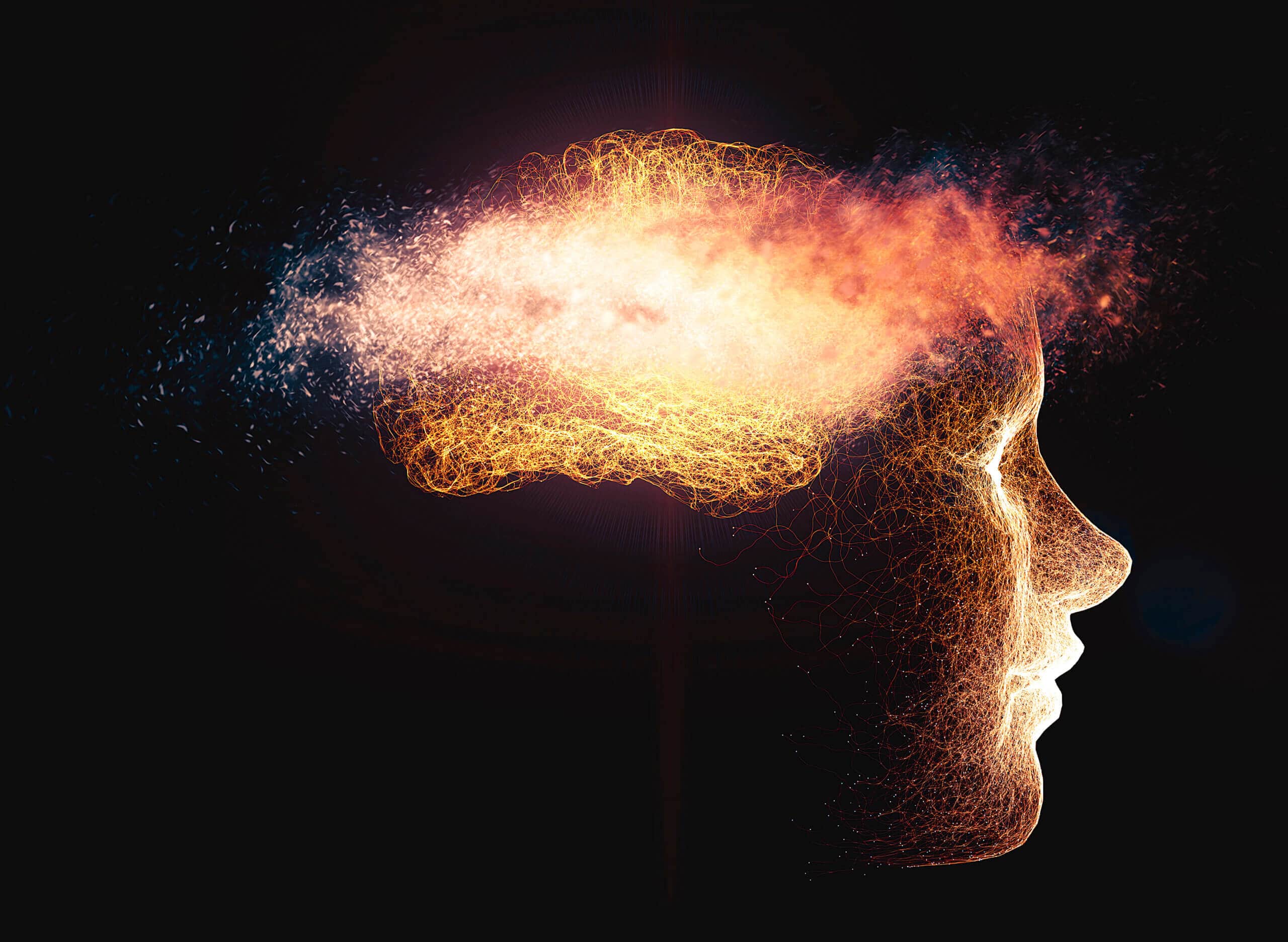Technion researchers have discovered proteins in our bodies that are able to prevent processes that cause neurodegenerative diseases

Neurodegenerative diseases including Alzheimer's, ALS, Huntington's and Parkinson's result from the death of neurons, nerve cells. This process usually occurs as a result of aggregation - adhesion of proteins to each other in a way that creates a toxic deposit that kills the cell.
Although there is still a dispute regarding the causal relationship between the phenomena, aggregation (accumulation) of proteins is now considered the main hallmark of those diseases. However, the exact mechanisms of the accumulation process are still not clear enough, which hinders the development of effective treatments for these diseases. In a study published inNature Communications. Technion researchers present new findings concerning the formation of those protein deposits. The research was led Prof. Reut Shelgi and doctoral students Kinneret Rosales and Amal Younis from the Rapaport Faculty of Medicine.
Proteins are the building blocks of the cell, and are responsible for most of the actions that take place in the body. The proteins are formed from amino acids in a process dictated by the genetic code, and a critical step in this process is their folding - a folding that gives them a three-dimensional structure that is essential for their proper functioning. The folding process is controlled by other proteins called chaperones, on which the current research focused.
The Technion researchers, who focused on ALS and Huntington's disease, discovered that the activity of the chaperones affects the two diseases in different ways. According to Prof. Shelgi, "What we discovered in the research is that even the same sferon, in its different variations, may lead to opposite results in the two diseases."
Variations of chaperones are called isoforms. The Technion researchers discovered that in ALS disease, a certain sferon may act in different ways - if it is a "normal" isoform, it manages to prevent the aggregation of the protein that causes the disease (FUS proteins), which will delay the damage to neurons; However if it is a short isoform it will not have that effect.
In Huntington's, on the other hand, the effect is the opposite: precisely the short isoforms will prevent the aggregation of the protein that causes the disease (HTT-polyQ protein), while the "normal" isoforms will accelerate the accumulation, which may lead to worsening of the disease.
In experiments on cells and neurons, the researchers discovered that increased expression of the correct isoform makes it possible to dramatically reduce (up to 80%) the aggregation of the disease-causing proteins in the cell. "In fact, the saffrons are an essential component in protecting the brain against degeneration. Some of them come into action in response to various stresses such as heat, and this to protect the proteins; But in the case of neurodegenerative diseases, these are not the appropriate chaperones to fight the aggregation process. The right tools exist in the cell's toolbox, and now we have discovered exactly which tools are right to use in the case of ALS caused by the FUS protein. Unfortunately, the cell does not know exactly which tools to use in these cases, and sometimes using the wrong tools will lead to a devastating result. Our hope is that, based on the current findings, in the future we will be able to develop methods to increase the expression of the 'correct' chaperones in neurons, depending on the specific disease. This will pave the way for effective treatments in the style of "personalized medicine" for neurodegenerative diseases that are currently considered incurable diseases."
The research was conducted in collaboration with the Berlin Laboratory at the Rappaport Faculty of Medicine at the Technion and was supported by the National Science Foundation, the European Union (ERC), and the Prince Center for Neurological Diseases of the Brain.
for the scientific article in Nature Communications. click here
More of the topic in Hayadan:
- Accelerating the artificial evolution of proteins
- A new and effective way to create complex proteins
- A new discovery paves the way for the development of a treatment for the degenerative disease ALS
- Researchers at the Technion and Bar Ilan University have developed a new technology for transporting drugs to the brain inside silicon chips with a nanometer structure
